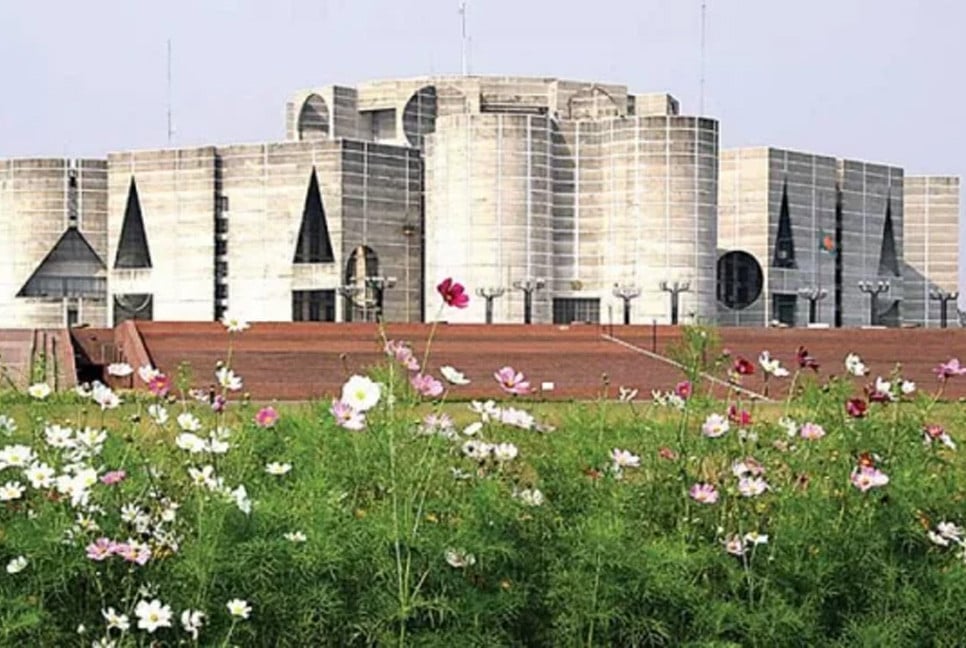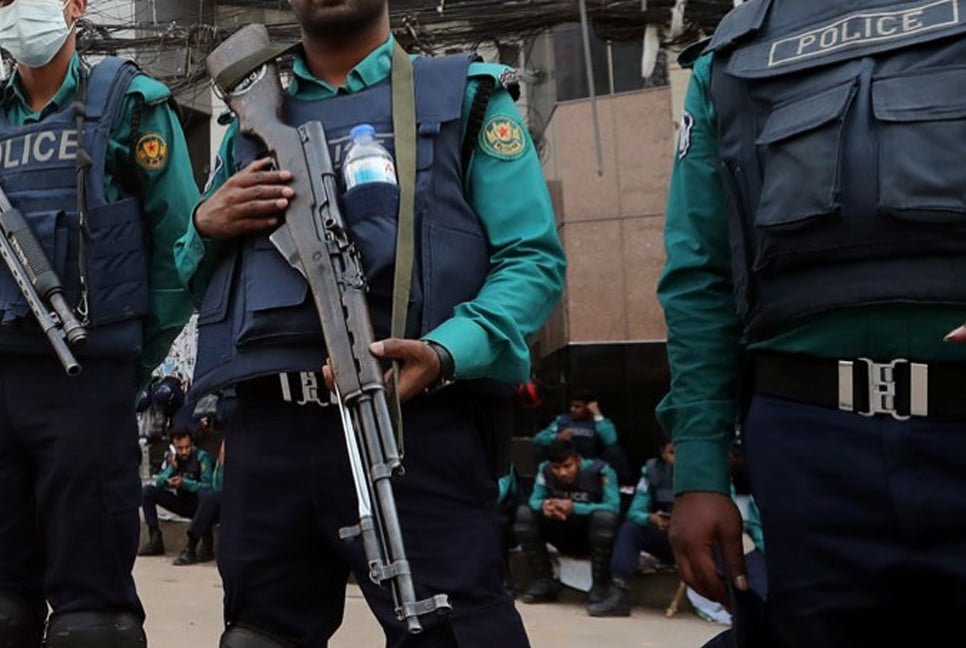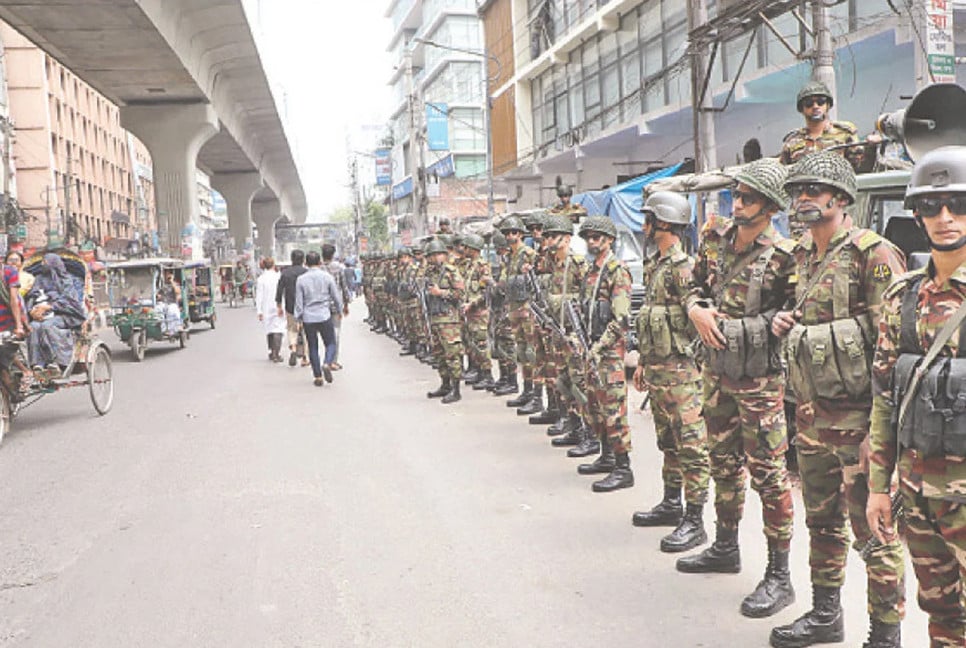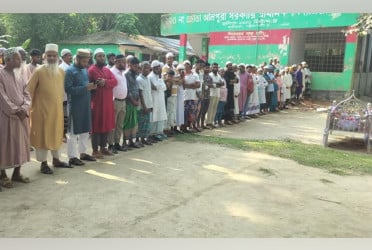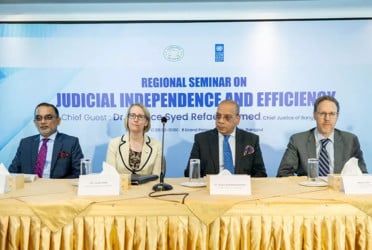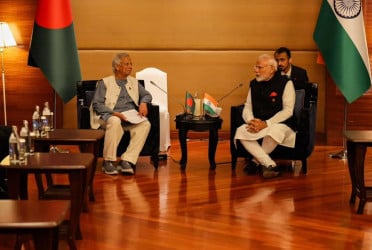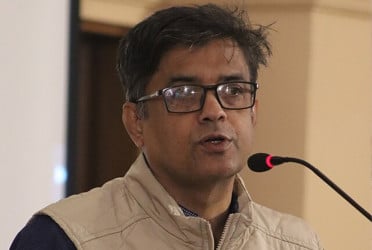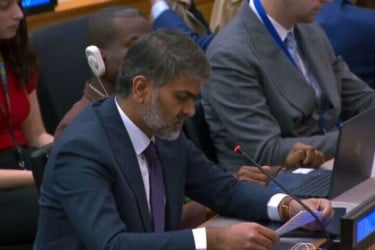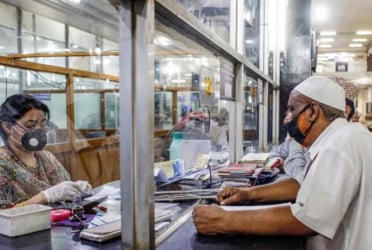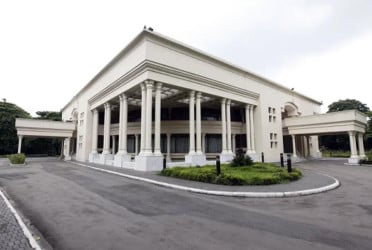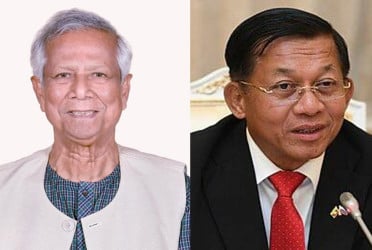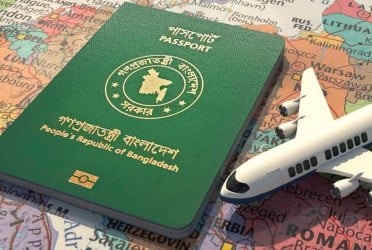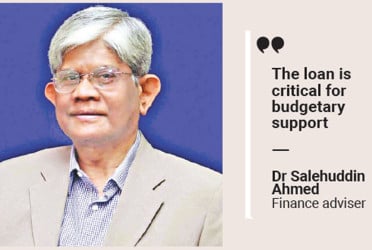The Electoral and Constitutional Reform Commissions are submitting significant recommendations for women empowerment, including the increase in the number of reserved seats for women, and election system.
According to the recommendation, 100 seats will be reserved for women, who will be elected directly. Therefore, changes are being made to the constitution, electoral system, and electoral law. Women empowerment is being given priority in the recommendations of these two reform commissions.
Source, on condition of anonymity, said: “The Constitutional Reform Commission recommends for making National Parliament bicameral.”
According to the draft proposal, the lower house of parliament will have 400 seats including 100 reserved seats for women, with elections held under the prevailing system.
The upper house will consist of 105 seats, with elections conducted using a proportional representation system. In total, the two houses of parliament will comprise 505 seats.
For implementation of the proposed recommendation, the commissions recommended to bring changes to the constitution and the electoral law.
The Electoral Reform Commission head Badiul Alam Majumder said: “The current representation of women in parliament is unacceptable as women are half of our population.”
Political representation and empowerment are essential for changing the conditions of women, he furthered, adding: “Direct elections to reserved seats have been a long-standing demand of women and this demand is reasonable.”
“We are contemplating how this demand can be met,” said Badiul Alam.
On the other hand, the commissions are expected to submit the report to the Chief Adviser to the Interim Government Prof Dr Muhammad Yunus on Wednesday.
According to the existing constitution, there are a total of 350 seats in parliament, with 50 seats reserved for women. The women’s seats are distributed in proportion to the seats obtained in the general election.
Analysts say: “Changes will need to be made to the existing Jatiya Sangsad (Reserved Women Seats) Election Act, 2004, The Delimitation of Constituencies Ordinance, 1976, and the Constitution.”
A source in the Electoral Reform Commission said: “The Commission is making recommendations on the overall issues in its report, appointment of CEC and EC; inclusion of representatives of the opposition party and the third largest party in the search committee; independence, powers of the EC, accountability of the EC; annulment of elections, appointment of returning officers, the 1991 special act on polling officers; election offences; delimitation of parliamentary constituencies; election observation, media policies; participation of women in the electoral process; increasing the number of parliamentary seats; direct election to women's seats; provision for ‘no’ votes; presidential election system and referendum.”
Reserved seats for women: To ensure women’s right to politics, the 1972 Constitution reserved 15 seats for women in parliament for the next 10 years. In 1978, the number of reserved seats for women was increased to 30. In 2004, it was increased to 45. In the Ninth National Parliament, the number of reserved seats for women was increased to 50 through the Fifteenth Amendment to the Constitution.
Translated by Afsar Munna

